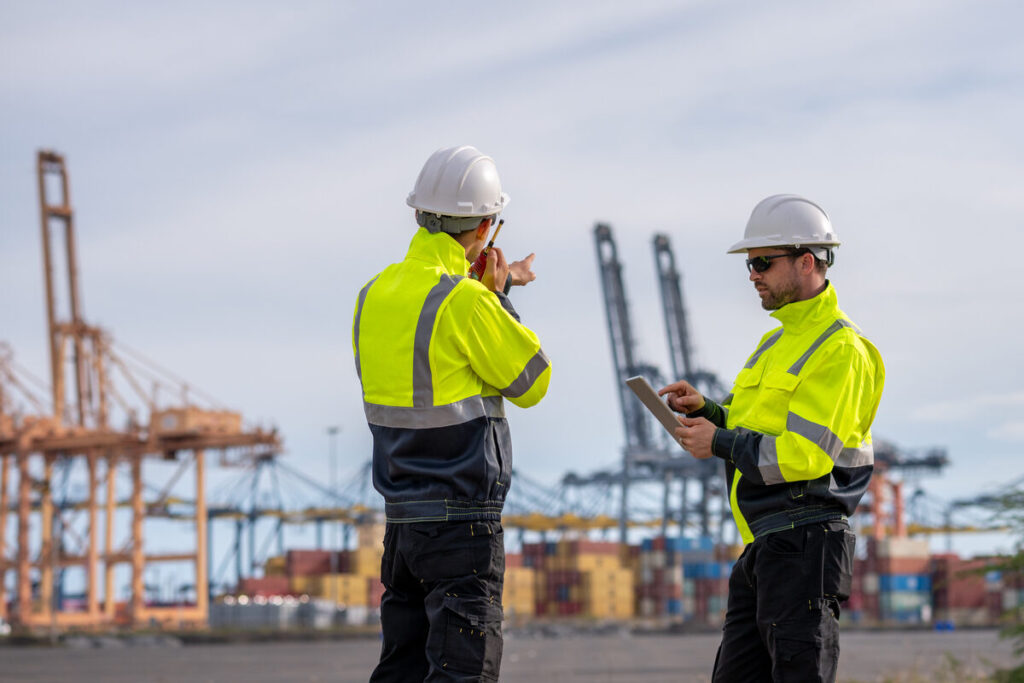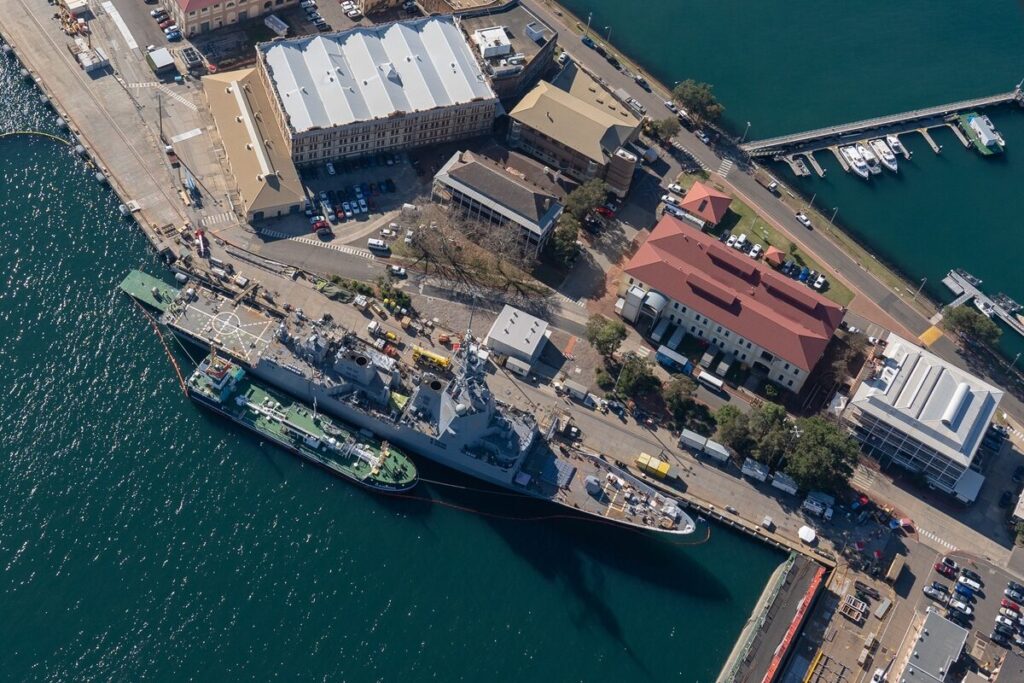The success of any company in the logistics and transportation industry depends not only on operational efficiency or cost optimization, but also on its corporate culture. An organization with clearly defined values, rooted in its tradition and experience, where employees feel identified and committed, has a greater ability to adapt to challenges and remain competitive. In this context, leadership plays a key role in building a strong corporate identity and creating a motivating and productive work environment.
Fostering corporate culture means reflecting these principles in day-to-day management. Logistics is a dynamic and demanding sector, where teamwork, effective communication, and agile decision-making make a real difference. Effective leadership aligned with the company’s objectives must consolidate these aspects so that every person within the organization feels part of a shared project.
1. Encourage Transparent and Two-Way Communication
One of the cornerstones of a strong corporate culture is communication. In the logistics and transport sector, where operations require the coordination of multiple departments, maintaining agile, clear, and fluid communication is essential to ensure efficiency.
Leadership must establish open and accessible communication channels that allow any employee to express concerns, contribute ideas, and take part in decision-making. Regular meetings, digital internal communication tools, and feedback spaces help foster trust and team cohesion.
2. Promote Professional Development
Companies that invest in the growth of their team enjoy higher levels of employee engagement. In logistics and transportation, where technologies and processes evolve constantly, it’s essential for professionals to stay up to date and have access to training opportunities.
Effective leadership must identify internal talent, offer clear career paths, and encourage continuous learning. This not only benefits the company by having better-prepared teams, but also reinforces employees’ sense of belonging and personal growth.
A good training strategy should ensure that professionals have the skills to meet both current customer demands and future challenges in logistics and transportation activities.
3. Build a Trust-Based and Recognition-Oriented Work Environment
Recognizing the efforts and achievements of employees is key to strengthening corporate culture. In a sector with demanding work rhythms, it is important for leadership to value performance and encourage an environment where effort and commitment are visibly acknowledged—setting an example for the entire organization.
Recognition initiatives should go beyond awards or incentives and include growth opportunities, flexible working conditions, or increased autonomy in decision-making. Simple gestures such as expressing appreciation for a job well done, highlighting team achievements, or promoting work-life balance can have a powerful impact on employee satisfaction and loyalty.
4. Encourage Innovation and Continuous Improvement
The logistics sector is constantly evolving, and companies that foster a culture of innovation gain a competitive edge. Effective leadership must promote an openness to change, making the search for new solutions a fundamental part of the company culture.
To achieve this, it’s important to create spaces where employees can share improvement proposals, test new methods, and actively participate in process evolution. Implementing technology, optimizing routes, digitizing documentation, and automating processes are just a few examples of how a culture of innovation can make a difference in this industry.
5. Embrace Diversity and Inclusion
A strong corporate culture is built on diverse teams that bring different perspectives and enrich decision-making. Promoting diversity within the company is not only a matter of values—it also results in greater adaptability and resilience to market changes.
Leadership must ensure that everyone in the organization has equal opportunities for development and that the work environment is respectful and inclusive. Furthermore, implementing policies that support work-life balance and employee well-being helps improve workplace climate and satisfaction.
Lead by Example to Build a Strong Culture
Corporate culture is not imposed—it is built daily through the actions and decisions of its leaders. In the logistics and transportation sector, where coordination, efficiency, and innovation are critical, recognizable leadership that is consistent with the company’s values makes a real difference.
When employees feel they are part of an environment where they are heard, supported, and encouraged to grow, the company benefits through increased productivity, talent retention, and better long-term results. Investing in a strong corporate culture through leadership is not just a management strategy—it is an investment in the organization’s future.
At SUARDIAZ Group, corporate culture is the cornerstone of growth and excellence in the logistics and transportation industry. If you are looking for professional development opportunities in a company committed to its people, visit https://empleo.suardiaz.com/ and discover how you can become part of a team where leadership and innovation drive success.























